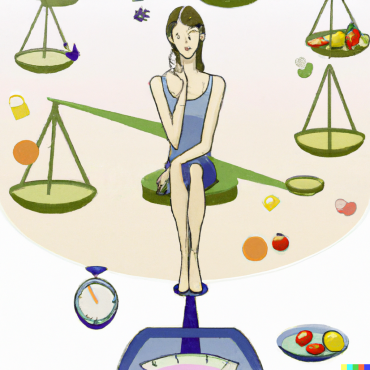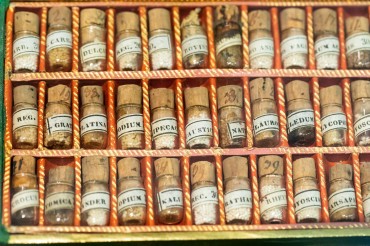In addition to vitamins and minerals, plants contain compounds called phytonutrients (sometimes referred to as phytochemicals). Essentially, these compounds are the plants protection. A plant cannot fight or flee, so it is equipped with “phyto” or nutrients that defend against disease, blight, radiation, weather, insects and anything else that may threaten the plant’s survival.
When we eat the plants, we not only benefit from the vitamin and mineral content of the plant, but from the protection these phytonutreints provide. Phytonutrients are considered anti-inflammatory and have been shown to possess anti-cancer properties, repair DNA damage, aid detoxification, enhance immunity, and influence insulin glucose balance.
How do you know if you are getting enough phytonutrients?
Hundreds of phytonutrients have been discovered so far. Because fruits and vegetables contain different amounts of these beneficial compounds, it is best to eat a variety of plants. Phytonutreint content is categorized by color (Dark Green, Light Green, Red, Orange, and Purple.) If you get at least one from each of these color groups daily, you will not only be getting a variety of beneficial phytonutrients, but meeting the recommended minimum of 5 to 10 servings of fruits or vegetables a day. (Note: while color indicates the predominant phytonutrient content, most fruits and vegetables contain multiple phytonutrients.)
Examples of sources of beneficial phytonutrients:
- Cabbage, Brussels sprouts, broccoli, kale, cauliflower and turnips all contain the phytonutrient Indole-3-carbinol.
- Oranges, tangerines, lemons, and limes all contain a flavonoid called limonene.
- Grapes, apples, cherries, blueberries, and raspberries contain anthocyanins.
- Onions and garlic contain the phytonutrient quercitin.
- Tomatoes, red pepper, watermelon and radishes all contain lycopene.
- Peaches, carrots, apricots, pumpkin, squash; the phytonutrient carotinoids
- Swiss chard, kale, parsley contain the phytonutrient lutein

























































Comments